
This story was produced as a project for the California Health Journalism Fellowship, a program of the Center for Health Journalism at the USC Annenberg School for Communication and Journalism.

This story was produced as a project for the California Health Journalism Fellowship, a program of the Center for Health Journalism at the USC Annenberg School for Communication and Journalism.
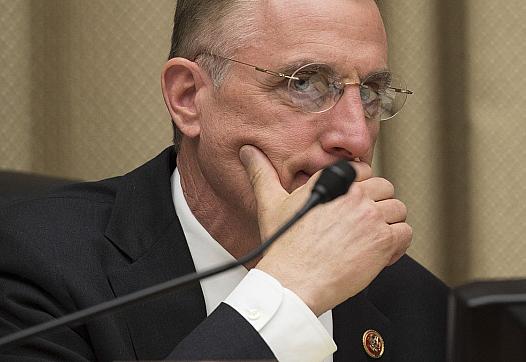
A long-deferred attempt to reform mental health care advanced out a House committee this week. Here's a look at how the bill seeks to change "the nation's broken mental health system," and some of the coverage to date.
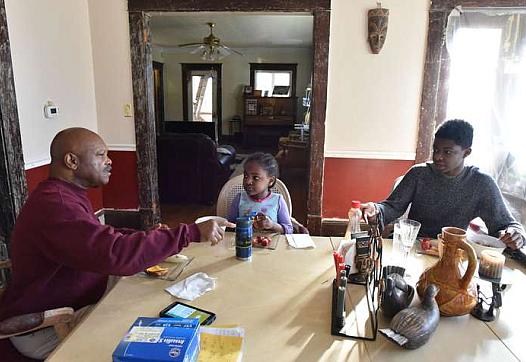
A look at what happens to children who've lost parents to death, mental illness, addiction and other causes yielded some notable lessons for one reporter.
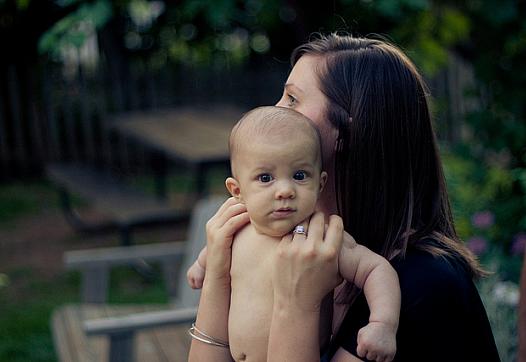
Amid rising awareness of maternal depression's harmful effects on children, CMS is telling states they can bill mom's screening and treatment to the child's Medicaid coverage.

“We were really struck by the fact that people were incredibly acute in their need,” a disability rights attorney said after touring Sonoma County's main jail. “Higher than we’ve seen in units that are licensed designated hospital units. Something was wrong here.”

"Finding women who would be candid about their stories of abuse was incredibly difficult," writes The Atlantic's Olga Khazan, whose fellowship series explored interventions designed to curb child abuse.
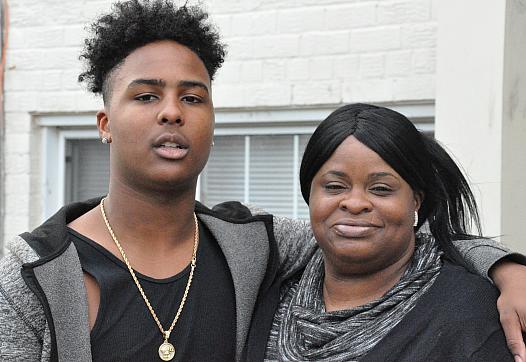
Journalist Lottie Joiner recently set out to explore what happens to young African American men who don't have a father present in their lives. Here she reflects on some of the lessons she learned along the way.

In Asian American families, where the subject of sex is particularly taboo and parents may lack sex education themselves, discussions about sex are less likely to happen. Reporter Thy Vo set out to document the consequences for young Asian Americans.

“He just gets mad. He gets really, really angry,” says Kecia Brighthaupt, referring to her 15-year-old son Jamari. “It would be a big difference in his behavior and certain things he does if his dad was more involved and hands on.”
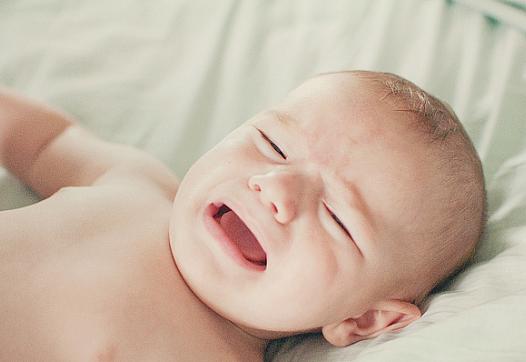
Just before President Obama announced a new set of new initiatives to boost access to addiction treatment this week, a four-part series on NPR looked at the opioid epidemic's smallest victims, and what can be done to improve their care.